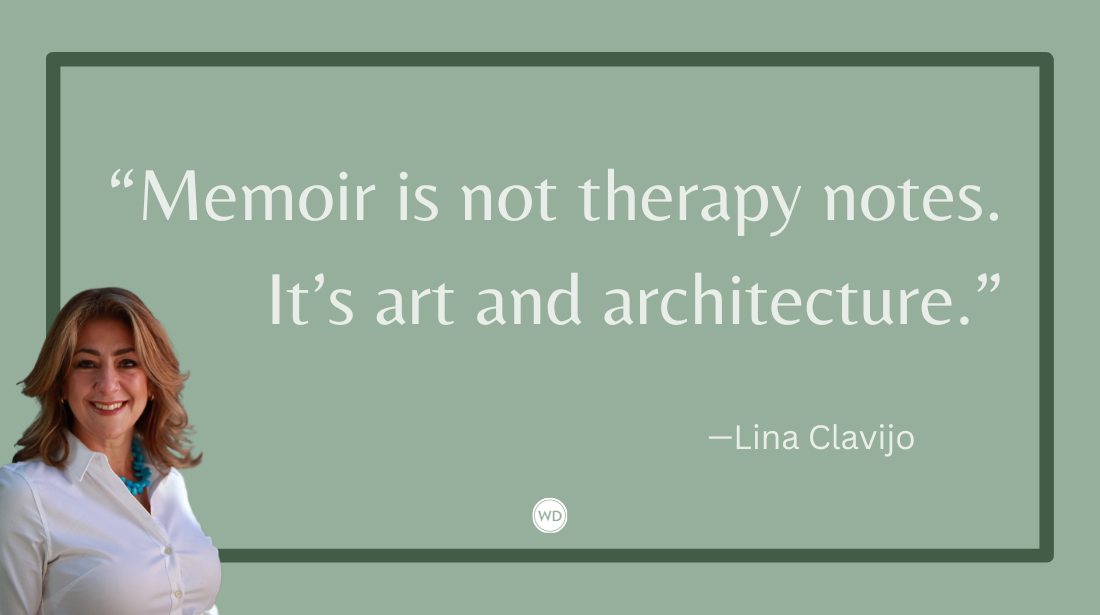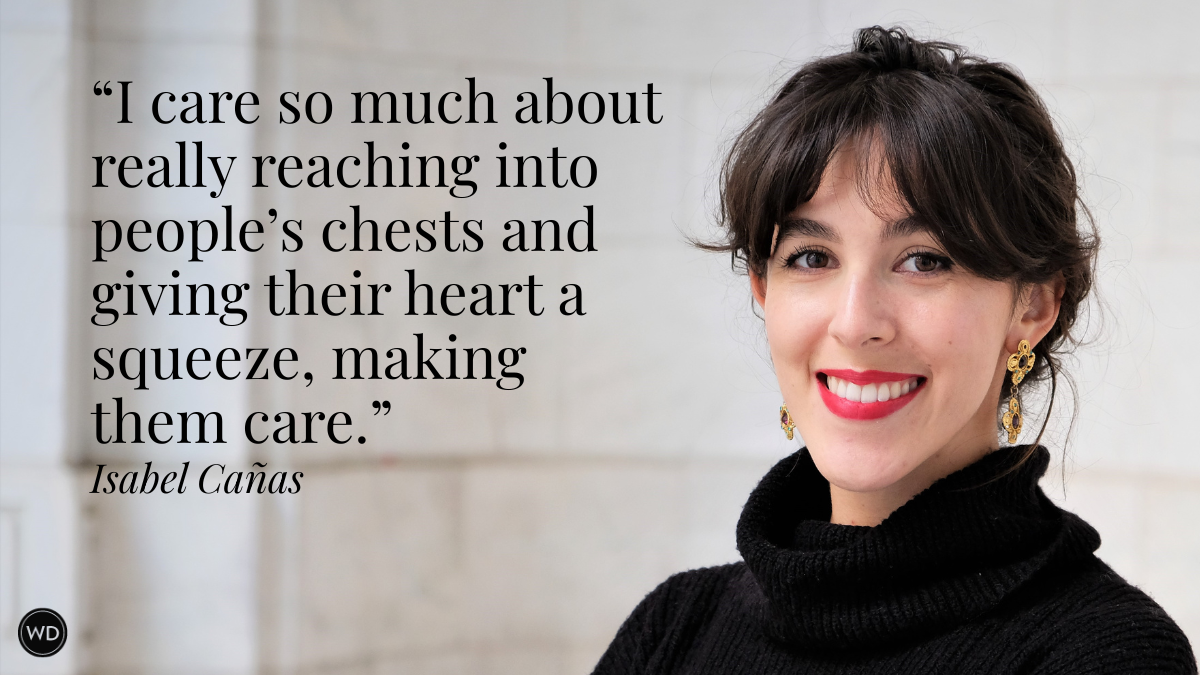Writing Literary Nonfiction With Robert Fieseler
In this episode of “Writer’s Digest Presents,” journalist and author Robert Fieseler discusses writing historical fiction through a literary lens with his new book, American Scare.
When you tackle historical nonfiction, you're offering doing more than simply putting to paper the events of the past. In author and journalist Robert Fieseler's experience, it meant hunting down sealed documents from a state that never wanted this history exposed, and it meant uncovering hundreds of names redacted from records and conducting countless hours of interviews—all before the actual writing takes place.
In this episode of "Writer's Digest Presents," editor Michael Woodson sits down with Robert to discuss his new book American Scare: Florida's Hidden Cold War on Black and Queer Lives (on sale today), how he infuses literary sensibilities to his historical nonfiction, and more.
About the Author
Robert W. Fieseler is a journalist investigating marginalized groups and a scholar excavating forgotten histories. A National Lesbian and Gay Journalists Association Journalist of the Year and recipient of the Pulitzer Traveling Fellowship, his debut book Tinderbox won seven awards, including the Edgar Award, and his reporting has appeared in Slate, Commonweal, and River Teeth, among others. Fieseler graduated co-valedictorian from the Columbia Journalism School and is pursuing a PhD at Tulane University as a Mellon Fellow. He lives with his husband on the gayest street in New Orleans.
From the Episode
On Choosing What to Write About: "It's a lot like falling in love, but from a horrific standpoint, because you're dealing with history. It's typically something that engages me intellectually while simultaneously taking this side door into my heart in a way where I can't stop obsessing about it."
"I have this problem that I've had since I was very little where I want to know the story that others don't want me to know. That's the juicy stuff! That's the gay gossip!"
On Incorporating Fiction Craft Practices In Literary Nonfiction: "I love nonfiction that can employ literary and aesthetic sensibilities, where they have respect for the line, for the musicality of language, where they have a respect for and an understanding of mood and atmosphere, which is very difficult to communicate to an academic historian, but I think it matters. I also love plotting, set-up and pay-off, introducing threads and paying them off later. And I like the way that literature allows for revelation—where there's just moments where you feel like you're entire body's lit up."








